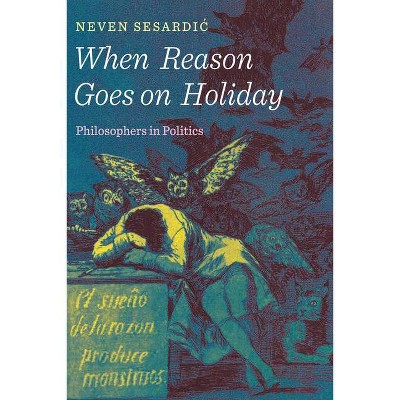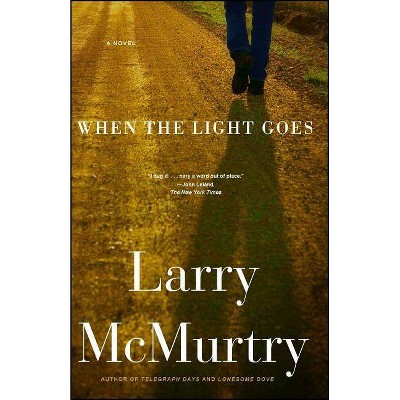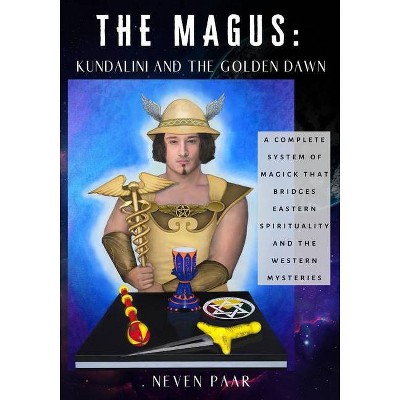When Reason Goes on Holiday - by Neven Sesardic (Hardcover)

Similar Products
Products of same category from the store
AllProduct info
<p/><br></br><p><b> Book Synopsis </b></p></br></br>Philosophers usually emphasize the importance of logic, clarity and reason. Therefore when they address political issues they will usually inject a dose of rationality in these discussions, right? <p/>Wrong. This book gives a lot of examples showing the unexpected level of political irrationality among leading contemporary philosophers. The body of the book presents a detailed analysis of extreme leftist views of a number of famous philosophers and their occasional descent into apology for--and occasionally even active participation in--totalitarian politics. Most of these episodes are either virtually unknown (even inside the philosophical community) or have received very little attention. <p/>The author tries to explain how it was possible that so many luminaries of twentieth-century philosophy, who invoked reason and exhibited rigor and careful thinking in their professional work, succumbed to irrationality and ended up supporting some of the most murderous political regimes and ideologies. The huge leftist bias in contemporary philosophy and its persistence over the years is certainly a factor but it is far from being the whole story. <p/>Interestingly, the indisputably high intelligence of these philosophers did not actually protect them from descending into political insanity. It is argued that, on the contrary, both their brilliance and the high esteem they enjoyed in the profession only made them more self-confident and less cautious, thereby eventually making them blind to their betrayal of reason and the monstrosity of the causes they defended.<p/><br></br><p><b> Review Quotes </b></p></br></br><br>"I found this book a highly entertaining and eye-opening read, filled with amazing anecdotes of irrationality and craziness by famous recent philosophers. I knew about philosophers with extreme left-wing bias before, but I didn't know of any famous philosopher who was guilty of something close to murder. (And yet we still have the most prestigious prize in philosophy of science named after him!) Sesardic's examples seem to show that philosophers not only are not immune from irrationality but are in fact especially prone to irrationality about politics. Hopefully, his book will lead to reflection and a renewed effort among philosophers to be more fair-minded and rational." --Michael Huemer, professor of philosophy at the University of Colorado and author of <i>The Problem of Political Authority</i> <p/> "Sesardic's book is a wake-up call to individuals and universities alike about the remarkably poor judgment many contemporary philosophers have exhibited about some of the most important political questions of our age. His careful, insightful analysis should be required reading for anyone wanting to understand the influence they have had on the past century's universities and politics." --Andrew Irvine, professor of philosophy at the University of British Columbia and author of <i>Socrates on Trial</i> <p/> "Gripping, thoroughly researched and documented, judiciously argued, and alternately depressing and infuriating, Sesardic's courageous book offers the astounding spectacle of some of the greatest minds of the past century--including Carnap, Einstein, Gödel, and Wittgenstein--adopting odious political views, supporting Lenin, Stalin, and Mao, for simplistic and plainly fallacious reasons. More shocking still is the story of how prominent journals, encyclopedias, and the American Philosophical Association itself have sacrificed academic integrity on the altar of political activism. Great philosophers repeatedly reveal themselves as terrible thinkers when it comes to morality and politics, plunging headlong into complex controversies without drawing elementary distinctions or differentiating degrees of good or evil." --Daniel Bonevac, professor of philosophy at the University of Texas at Austin<br><p/><br></br><p><b> About the Author </b></p></br></br>Neven Sesardic has taught philosophy at universities in Croatia, United States, Japan, England, and Hong Kong. His most recent book is <i>Making Sense of Heritability</i> (Cambridge U. P., 2005), and he has also published articles in leading philosophy journals like <i>Journal of Philosophy, Ethics, Philosophy of Science, </i> and the <i>British Journal for the Philosophy of Science.</i> <br>
Price History
Price Archive shows prices from various stores, lets you see history and find the cheapest. There is no actual sale on the website. For all support, inquiry and suggestion messagescommunication@pricearchive.us




















